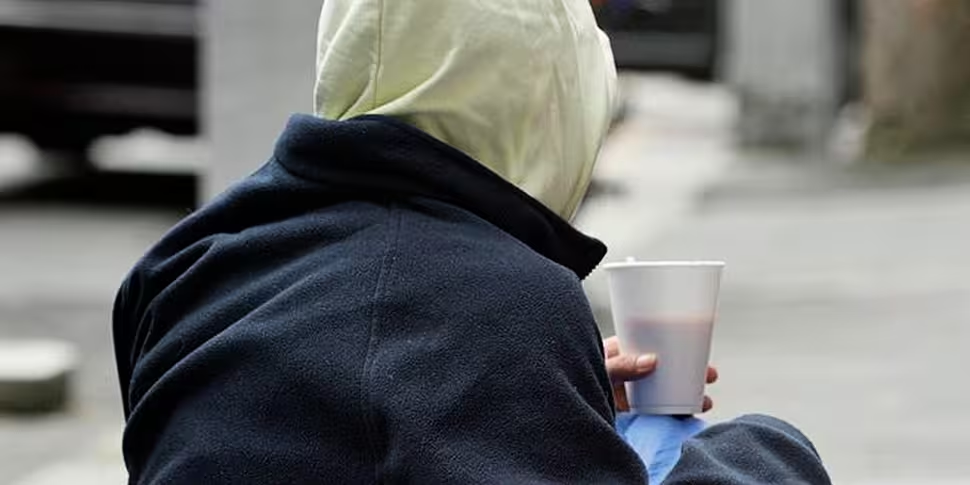Had Jonathan Corrie died two streets further away from Leinster House, his death may only have been marked by a few lines in a newspaper, or quite possibly by a death notice amongst all the others who died last Monday.
There may have been water cooler discussions amongst the workers who passed the spot where he was found, as they lamented how sad it was that a human being could die in such circumstances. Those who encountered him on Dublin streets would have remembered him fondly, and mourned a man considered one of their own.
Had Jonathan Corrie died just two streets further away from Leinster House, he would have remained in death as he was in life - anonymous.
I know the exact spot where Jonathan died. I stood there many times reporting for television on the workings of the building just a few yards across the road. There is a little letterbox in an unusual place, in the lower half of the door, where cables are fed out to connect the cameras. What struck me is that Jonathan Corrie may have stared at that little letterbox and wondered why it was there. It may have been one of things he wondered as he tried to stay warm and shut out the nightmare that his life had become as he sought out the comfort of sleep on Sunday night.
The discovery of Jonathan’s body sparked a national debate about how we - as a society - deal with homelessness. The reality is we ignore it. The Government ignores it, the public ignores it, and we have evolved to think that it’s alright to ignore it.
People who sleep on the street we feel sorry for, but not sorry enough to act. The less compassionate in society question why those stuck in that awful cycle don’t do more to help themselves. When emergency task forces are set up and summits arranged, as a society we rest easier that we won’t have to worry about it because the problem is being solved, without us really having to do anything.
The nation has gone back to decorating its Christmas trees, confident the homeless were again someone else’s problem.
What if?
What is particularly terrifying about Jonathan Corrie’s story is the age at which he became homeless. It happened when he was a young teenager, and his life spiralled from there. When there is a tragedy in anyone’s life, we always wonder “what if”. What if there had been better social services when he was a child? What if he had been given a better education? What if someone had made a simple intervention that put him on a path towards work and a stable life? What if someone with the right intentions had just helped him?
Instead, he seems to have become a man who was so disconnected from society that sleeping on a cardboard box was the preferable option.
Right now, there are over eight hundred children sleeping in what is euphemistically called “emergency accommodation”. That may conjure up the idea of a rented house or apartment, but is in reality hostels or hotel rooms. They are warm and safe, but are completely unsuitable for medium to long-term stays. Anyone who has children will know how astute they are to what’s going on around them, and the stresses that their parents are under. These children know they are homeless. And that is an awful stigma to attach to a child when it is no fault of their own.
The reality is that these children could already be at the start of the same cycle that led to the death of Jonathan Corrie on a cold doorstep on Molesworth Street on Monday. So what is the intervention that is needed to prevent that from happening? It’s not the Government’s responsibility - it’s all of ours.
Homelessness is not just a Dublin problem
As an aside, one listener contacted the programme during the week saying there was too much focus on the crisis in Dublin and ignoring what is going on elsewhere around the country.
For Newstalk Lunchtime, I’ve been reporting on the pressure that Cork Simon has been under. I recently spent an evening in the shelter (which is constantly full) to speak to some of those living there. The lucky ones have a bed. The rest have to make do with a few hours of warmth while enjoying a meal and taking a shower, before returning to the streets. The centre manager told me that many of them sleep in doorways within the range of its CCTV cameras for safety.
Cork Simon says the number of people sleeping rough on the city’s streets has jumped by more than 500 per cent in three years. There were 38 in 2011, and 230 in 2014. If those figures don’t indicate the scale of the crisis, I don’t know what will.
Back in early October, Jonathan spoke to people living on the streets in Cork:









